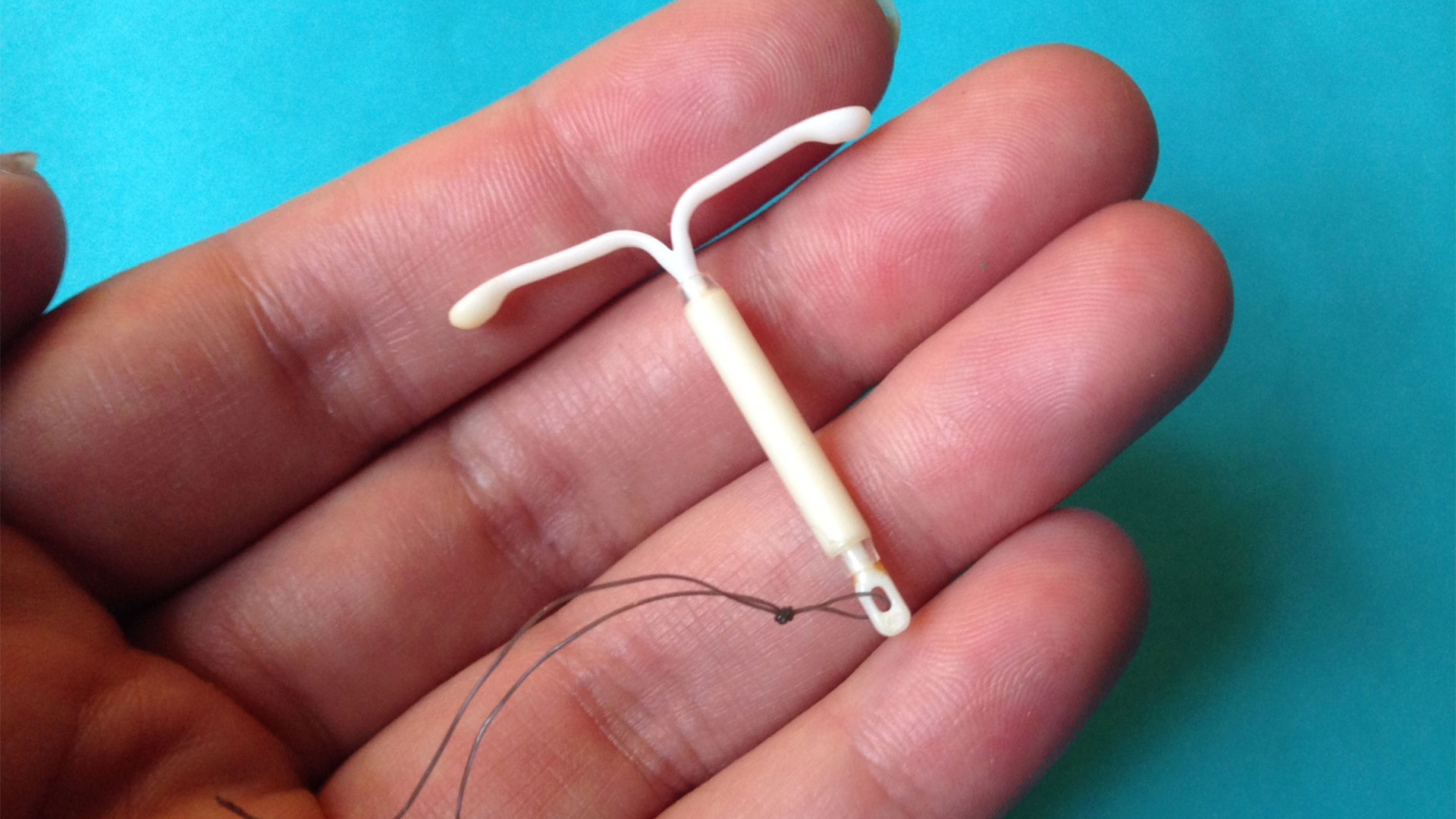What birth control method is right for me?
There is no one right birth control method. The best methods are ones that you can remember to use consistently. Other things to consider include:
- Is it convenient?
- Do I have to remember to use it? If so, will I remember to use it?
- Do I have to use/take it every day?
- Is this method reversible? Can I get pregnant immediately after stopping it?
- Will this method cause me to bleed more or less? Will the bleeding I have while using the method be predictable or not predictable?
- Are there side effects or potential complications?
- Is this method affordable?
- Does this method protect against sexually transmitted diseases?
How frequently Do I have to take it?
- Pill: Daily for as long as birth control is desired
- Patch: Weekly for as long as birth control is desired
- Ring: Monthly for as long as birth control is desired
- Shot: Every 13-15 weeks for as long as birth control is desired
- Implant: Once every 5 years (can be removed earlier if desired)
- IUD: Once every 3-12 years (can be removed earlier if desired)
What is the most effective form of birth control?
In everyday life the pill/patch/ring are about 91% effective, the Injection 94% effective, the Implant and IUD 99% effective. The better you are able to take the contraception on time, however, the better the efficacy.
How safe is birth control?
Birth control is incredibly safe. All forms of birth control have been rigorously reviewed for safety. Additionally, your provider will review your health history with you to determine if there are any forms of birth control that wouldn’t be safe.
How does birth control work?
All of the forms of hormonal contraception work to either thicken cervical mucus, prevent ovulation, or both! The copper in the copper IUD prevents the sperm from reaching the egg.
How much does birth control cost?
- Pill: $0-$50
- Patch $0-$150
- Ring $0-$200
- Shot $0-150
- Implant $0-$1300
- IUD $0-$1300
This depends on insurance coverage and where you are getting the birth control from. Your providers office and/or insurance company should be able to give you an estimate prior to an appointment.
When is the birth control effective?
If started on the first five days of your period, hormonal birth control is effective immediately. If started outside of the first five days of your period use a backup method of birth control like condoms for one week. The copper IUD is always immediately effective and can even be used as a form of emergency contraception.
How will birth control affect my mood?
In general, birth control will affect everyone differently. Most people don’t notice any effect on their mood from their birth control. Some may notice an improvement in their moods, but some may also notice more mood swings and depression. If you are noticing any bothersome changes in your moods, please seek out care from a provider and know that birth control can be switched or stopped at any time if needed.
How will birth control affect my period?
Changes in periods are the most common side effect of contraception. Some birth control can be taken to skip your period- the pill, patch, ring. Doing this may cause occasional irregular spotting. This can be improved by having a normal period every 3 months.
Some forms of birth control are known to cause a lack of periods- certain IUDs, and the Injection.
Some forms of birth control can make your periods more irregular, unpredictable, and possibly heavier- The implant and certain IUDS.
Can birth control help my acne?
Yes! There are certain types of the pill that are specifically known to improve acne.
What are some of the other side effects of birth control?
The pill, patch and ring can all cause nausea, headaches and breast tenderness. The Injection can cause weight gain. The IUD and ring can cause vaginal irritation.
What birth control can I use when breastfeeding?
The injection, Implant, IUDs, and one type of pill can be started immediately after birth and have minimal to no impact on breastfeeding. The pill, patch, ring should not be started until 21 days postpartum and studies have shown inconsistent data on breastfeeding duration and success.
Where can I get birth control?
Birth control can be prescribed by any women’s healthcare providers and most primary care providers- CNM’s, NP’s, PA’s, MD’s, and DO’s. They can be requested at appointment in clinics, via telehealth, or even app’s. The standard of care is to write for a prescription for a year’s worth of hormonal contraception. These can typically be written to allow dispensing for 3 months of contraception at a time from the pharmacy. Implants and IUD placements require in person appointments specifically for that procedure with a provider trained to place them.
What affect does birth control have on fertility?
Birth control does not have a long-term impact on fertility. There is an immediate return to fertility after an IUD removal. The Pill, Patch, and Ring all showed an almost immediate return to fertility. Many are able to get pregnant within one cycle off of the birth control method. The Injection does have a longer return to fertility of typically 5 to 10 months.
What about permanent forms of birth control?
Two procedures can be done that are considered permanent forms of birth control- tubal ligation, and vasectomy. Both require a procedure; however tubal ligation is considered more invasive and is generally less widely available. Appointments can be made with providers to schedule the procedures and complete any required paperwork.
What methods of birth control protect against sexually transmitted infections?
Only condoms prevent against sexually transmitted infections. Condoms can be used in combination with any form of hormonal contraception, however external and internal condoms should not be used at the same time.




